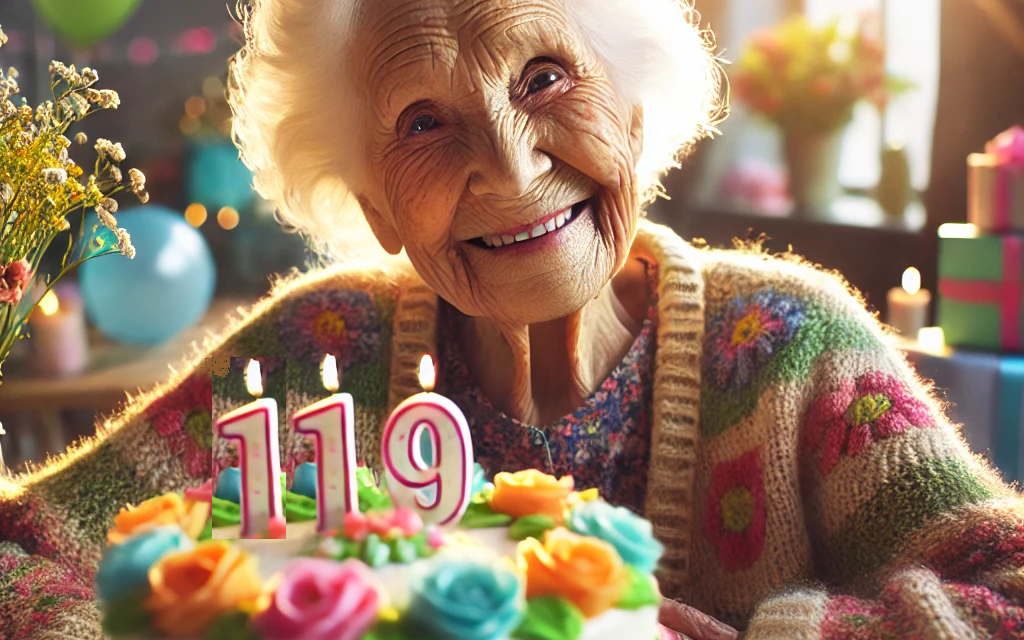Being a fan of supercentenarians, I regularly go “hunting” for birthday reports about people celebrating their 110th, 111th etc. birthday to identify potentially new supercentenarians that we don’t know about. Our research and understanding of supercentenarians has indicated that we have only validated a limited number of all people that actually have turned 110 years old. This is due to several reasons as, for example, not every supercentenarian is featured in the media or they may be from a country where the documentation is lacking, making them hard to validate at present.
The rise of social media has allowed for stories of several supercentenarians to be identified and for these people to subsequently be validated. But what is said on social media must be taken with a pinch of salt (is that a Swedish expression?) as there are no fact-checks in place to rule out misinformation. Take the recent trend of everyone AI-generating pictures according to their needs. Be that of real people or pink elephants wearing sombreros floating in the sky. While most people can still see that an image is AI-generated, it is getting increasingly difficult to do so.
A recent trend that I have discovered, especially on Facebook, is posts about an advanced centenarian celebrating her birthday and having baked her own cake for the occasion. Would be amazing if it happened, right? Thing is, all these posts follow the exact same format. There is an AI-generated image of a centenarian smiling with their cake (see featured AI-generated image for an example of how it looks) and they are posted almost every single day with the same caption. The posts often get thousands of likes and plenty of comments all saying the same thing: “God bless,” “Happy birthday” and so on. Most of the likes and the comments are with high likelihood made by bots (“AI”-driven accounts), so these interactions are mostly made by machines in an effort to drive clicks and engagement (I am for example making a post about it now).
Still, these posts muddle the waters for us. Some people can be unsure of whether these images are actually real (they aren’t) and it makes it more difficult for us researchers to identify actual supercentenarians celebrating their birthdays since they dilute the pool of supercentenarian birthday posts. It has occurred more than once that someone has contacted LongeviQuest about an alleged 115+ year-old person found on social media and asked us why they aren’t validated. We want supercentenarians to be acknowledged for their exceptional longevity. Here at our website we are making sure to honor supercentenarians by creating profiles for them from which people can learn more about their lives. Having AI-generated posts about supercentenarians takes away from the achievements of actual supercentenarians and denies them recognition.
AI can help us in several ways but we must be cautious when using it and we must develop ways to distinguish what is real and what isn’t. We have enough inaccurate supercentenarian claims as is (even if we are encountering fewer and fewer exaggerated claims from several regions now than in the past) and these AI supercentenarians only serve to undermine our efforts.
The featured image was made with generative AI (stay safe!).

